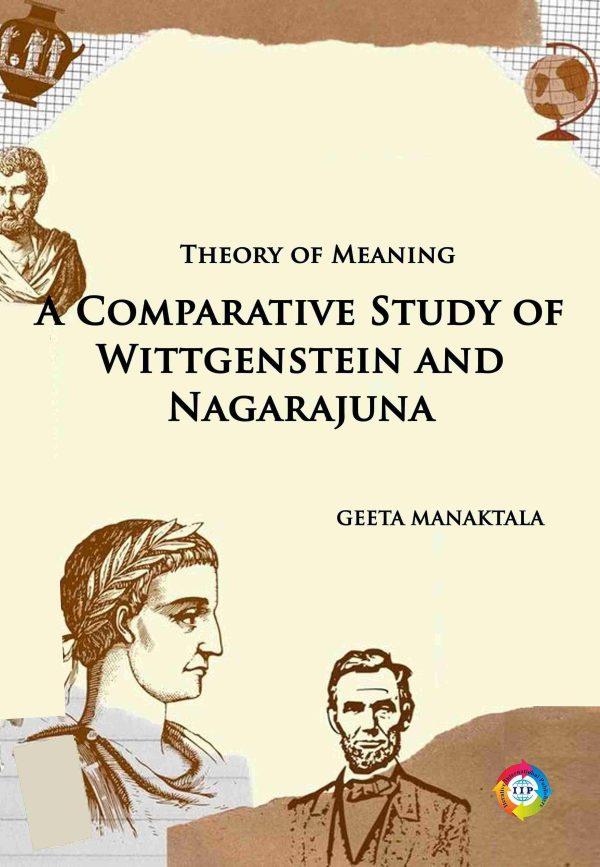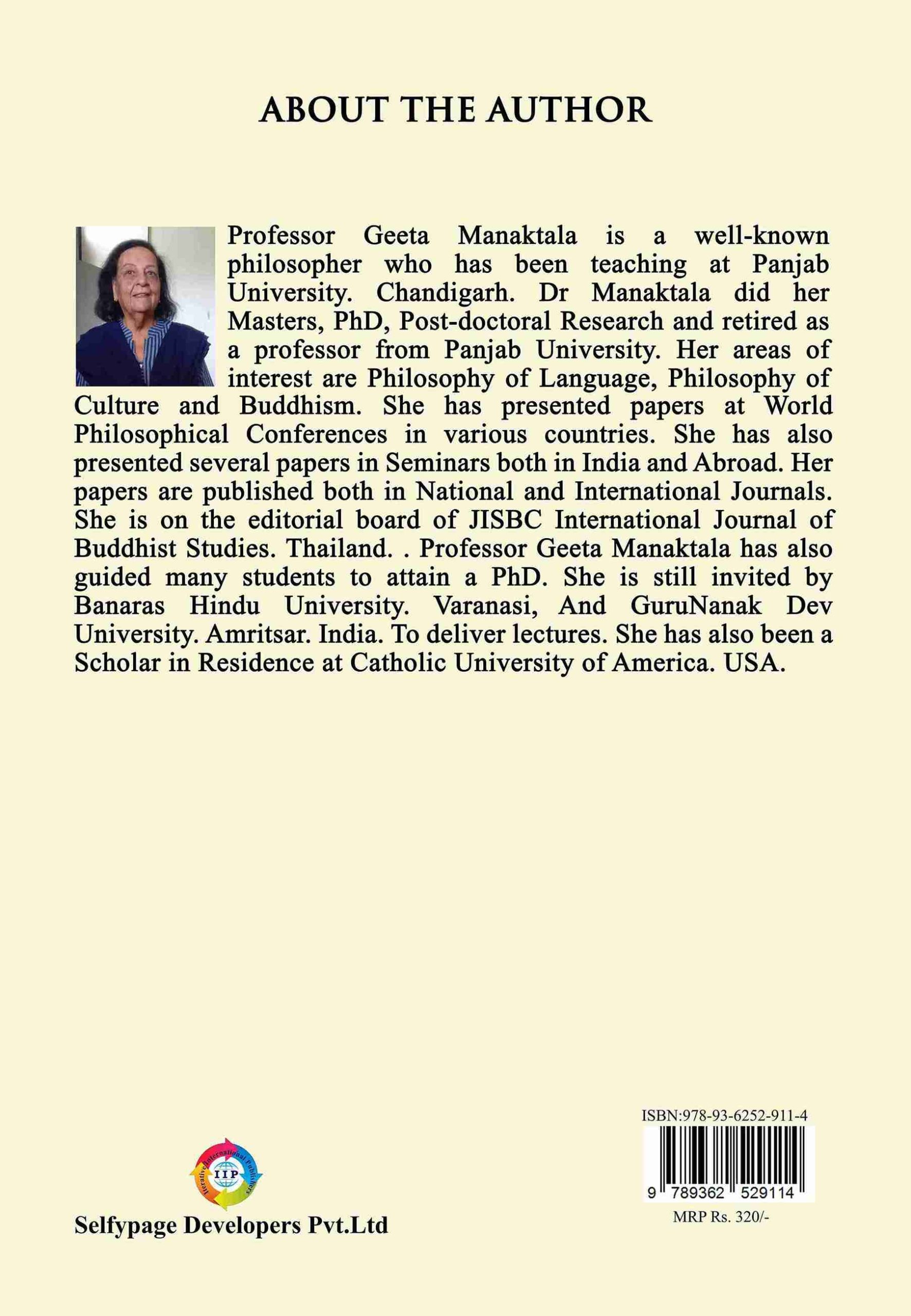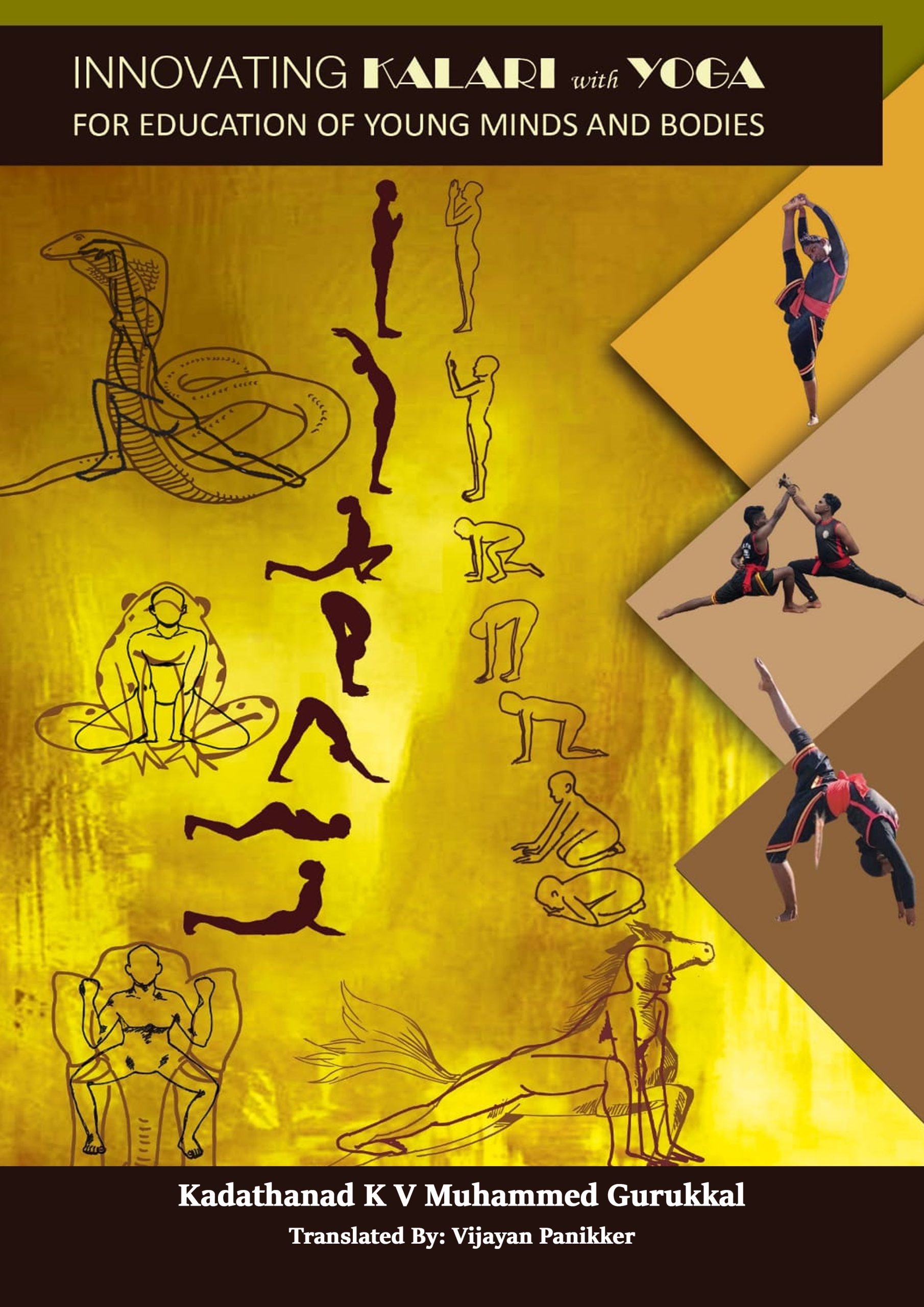The problem of meaning in the philosophy of language has attracted the attention of philosophers throughout the ages in the East as well as in the West. Even philosophers have discussed this problem at length; still it is one of the unsolved problems in the philosophy of language. Moreover, though it has occupied a central place in the western philosophy and had been discussed, they have been scarily dealt with from the point of non-western traditions, for example Buddhist. In the proposed project, a comparative study of Indian and Western approaches to the problem of meaning with reference to Wittgenstein and the Madhyamikas would be undertaken. Though Wittgenstein and the Madhyamikas belong to different traditions, culturally and historically, it is interesting to see that their thoughts coincide on many points.
The aim of the proposed work, then, will approach this problem in the light of the writings of the Buddhists and Wittgenstein on Language, Reality, Meaning, and Reference. In order to gain a deeper understanding of the problem, a comparison of the writings of these two would be stressed upon. The present research would confine to Wittgenstein and Nagarajuna, who, to my knowledge, had most important things to say on the problem at hand.









Reviews
There are no reviews yet.